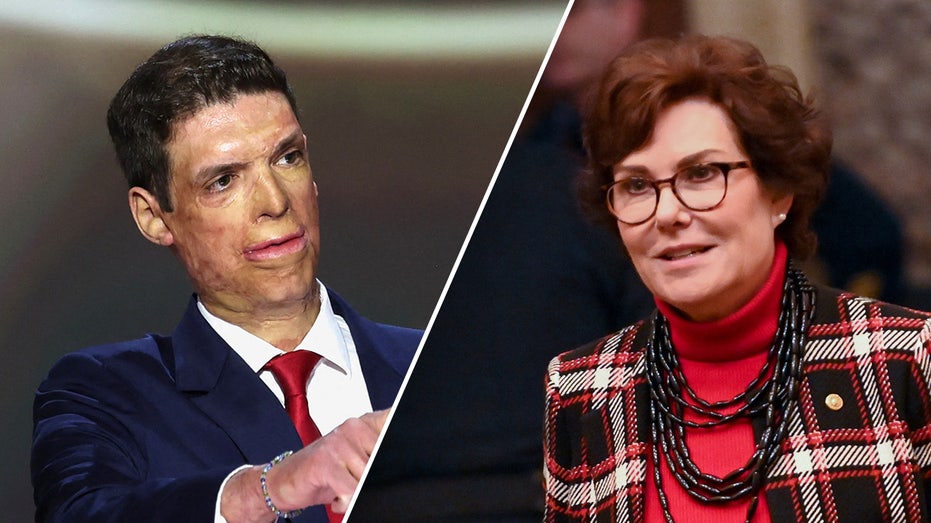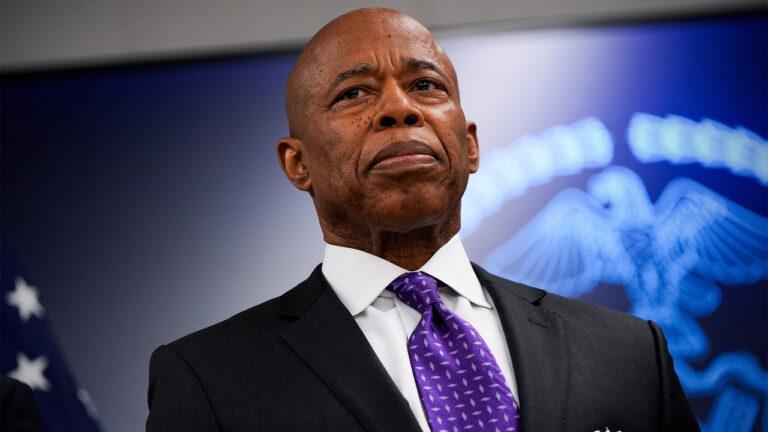
Incumbent Sen. Jacky Rosen, a Democrat, held onto her Senate seat despite facing a significant challenge in swing state Nevada.
Sen. Jacky Rosen, D-Nev., has been re-elected to the Senate in Nevada, according to Friday night’s race call by the Associated Press.
The Democrat senator successfully fended off a challenge from veteran Sam Brown, a Republican endorsed by President-elect Donald Trump.
Rosen was first elected to the Senate in 2018 and this was her first re-election.
Prior to the election, Fox News Power Rankings in September considered the November Senate match to be one of two “toss-ups,” alongside Ohio.
A top political handicapper, the Cook Political Report, had similarly rated it a “toss up” earlier in the year but more recently shifted the race back to “Lean Democrat.”
Cook cited polling in the summer months that showed Rosen outpacing Democrat presidential nominee Kamala Harris by a significant margin.
Also in the category were Senate races in Arizona and Pennsylvania.
Nevada was a critical swing state for elections down-ballot, including the presidential and Senate races. While the Nevada Senate battle wasn’t thought of as necessary for Republicans to gain the majority in the upper chamber, it was being eyed to expand a likely majority in the new Congress.
There were also several close House races in the state, which were similarly expected to determine which party would lead the lower chamber.
Rosen handily won the Democrat nomination for Senate earlier in the year, defeating both Troy Walker and Mike Schaefer, who were not prominent challengers.
Brown faced a much more difficult primary race, with former U.S. Ambassador to Iceland Jeffrey Gunter taking him on for the GOP nod.
Gunter spent significant money on attack ads against Brown, depicting him as a tool of Senate Minority Leader Mitch McConnell, R-Ky.
The primary was made more uncertain by President-elect Donald Trump’s decision not to weigh in until the last minute.
Trump ultimately threw his support behind Brown at a rally in Nevada ahead of the primary, allowing him to win the election by a healthy margin.
The Trump-backed Senate candidate failed to close the polling gap with Rosen in the same fashion that other Republican candidates across the country had with their incumbent opponents.



